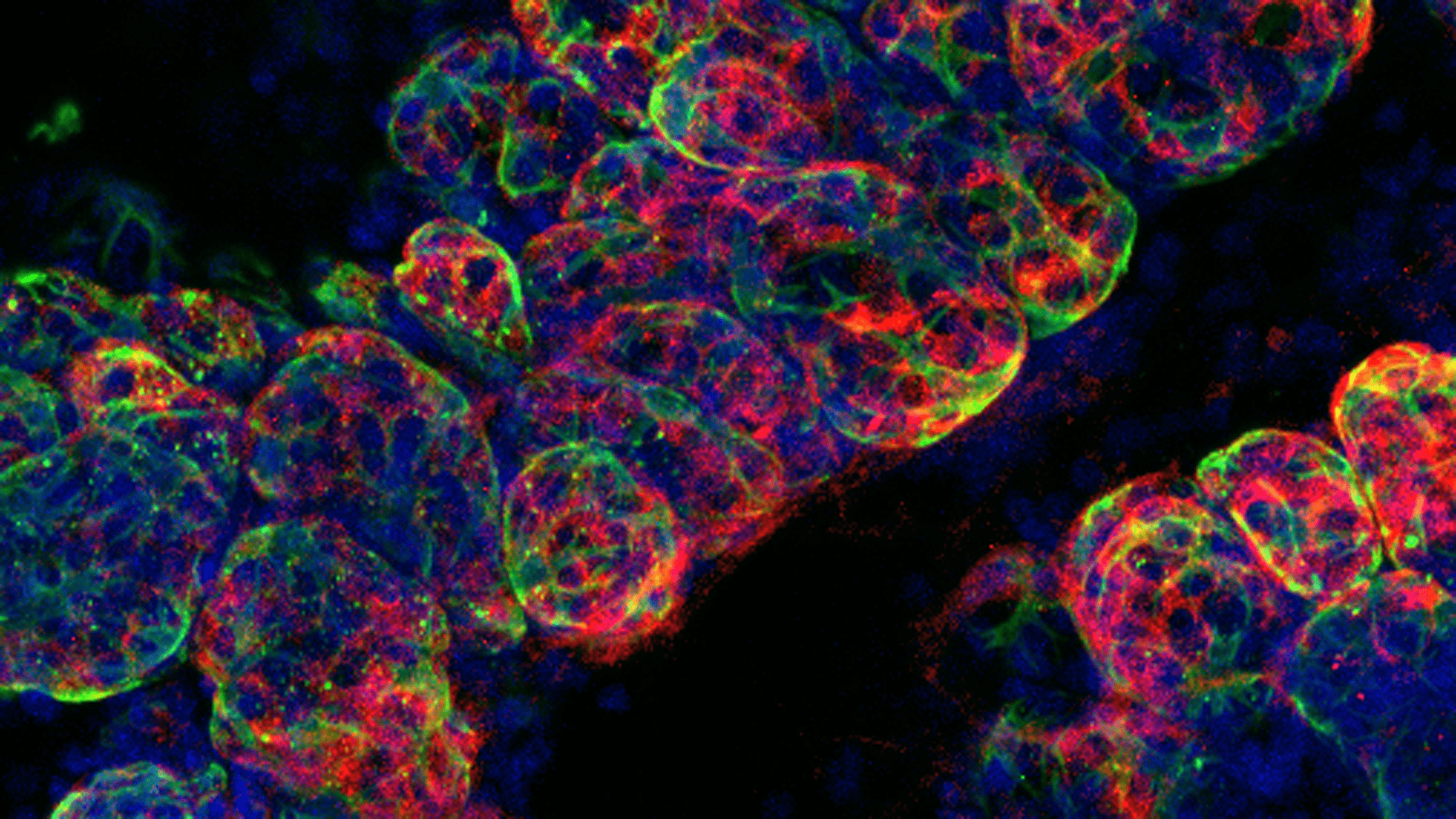Descriptions of Courses Taught by Dr. Hinck
Biology 110: Upper Division Cell Biology
Covers the structure, organization and function of eukaryotic cells. Topics include biological membranes, organelles, protein and vesicular trafficking, cellular interactions, the cytoskeleton and signal transduction. Requires a good understanding of basic biochemistry and molecular biology.
Biology 230: Grant Writing in the Biomedical Sciences
Introduction to the fundamentals of grant writing in biomedical research, including best practices for presentation of data and communication of research findings. Participants write and peer-edit most components of the NIH Ruth Kirschstein F31/F32 pre- or post-doctoral fellowship. . Enrollment is restricted to graduate students.
Investigates the scientific, ethical, social, and legal dimensions of human embryonic stem-cell research, including the moral status of the embryo; the concept of respect for life; ethical constraints on oocyte procurement; creation of embryonic chimeras; federal policies; and political realities. (Also offered as Biomolecular Engineering 247. Students cannot receive credit for both courses.) Prerequisite(s): Course in stem cell biology (ex: BME 278 Stem Cell Research) or the equivalent knowledge. Enrollment is restricted to graduate students. (Also offered as Biomolecular Engineering 247. Students cannot receive credit for both courses.) Prerequisite(s): Course in stem cell biology (ex: BME 278 Stem Cell Research) or the equivalent knowledge.
